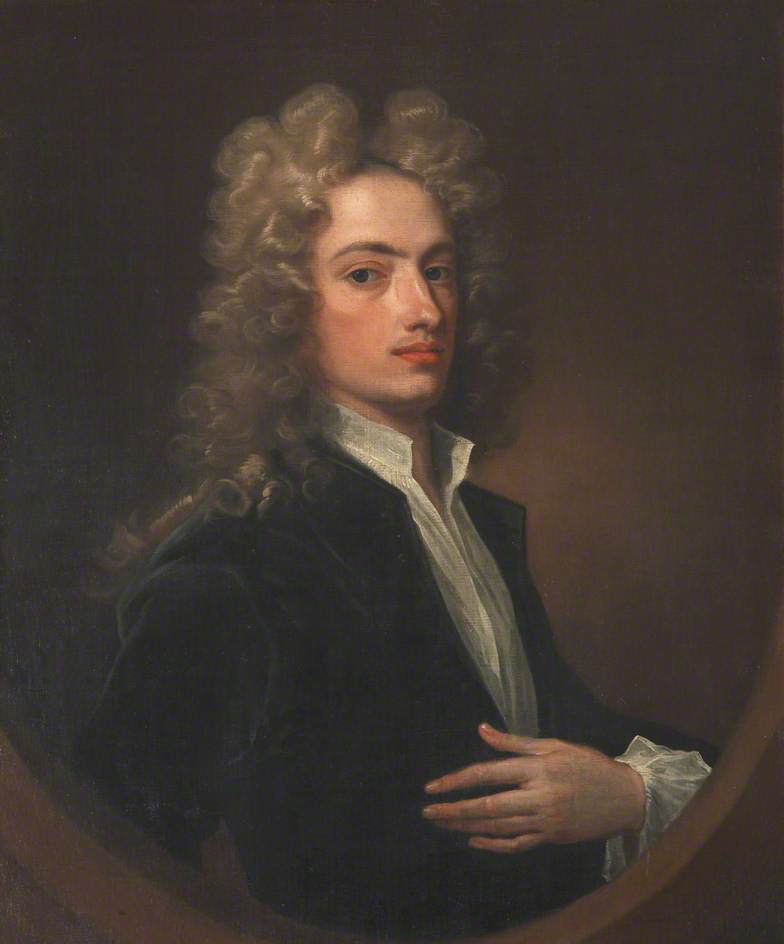Alexander Pope (1688-1744) was the greatest poet of the eighteenth century, and one of the greatest of all the poets who have written in the English language. Poets and critics since Pope’s own day have recognized just how spectacularly talented he was as a crafter of verse, and how ambitious he was, how fully he willed himself into becoming a great poet. From his early twenties, when poems like An Essay on Criticism and The Rape of the Lock established him as the most vibrant and interesting young poet in London, Pope has been considered to be a great writer and the most representative poet of the entire literary period between the works of John Milton and the emergence of the movement called Romanticism at the end of the eighteenth century.
But what, exactly, does it mean to say that Pope was great and significant? What is “greatness,” anyway? This is not an easy question to answer–what is “great” in one era or context may seem trite in another, and it’s fair to say that the kind of poetry that Pope, with its tightly-controlled heroic couplets, has not been in fashion with readers or critics for a couple of hundred years. And because of that fact, Pope and the poetry of this entire period is less accessible to us than it ought to be; modern readers read less poetry than did eighteenth-century readers and, even those who read poetry are simply not used to verse like this. The end result is that it is hard for us to see what contemporaries recognized in Pope, what they found so striking, and what caused them to admire his works.

But eighteenth-century readers were used to reading lots of poetry in heroic couplets–it was the dominant form of poetry in English throughout the century. And no writer in English was better at writing heroic couplets than Pope. Again and again, he startles the reader by coming up with a wholly original way of composing his lines, of setting up his rhymes, of ordering his words perfectly such that the crucial words seem to fall into place as if there were no other way that they could be arranged. For all that Pope’s heroic couplets are artificial–no one speaks this way, after all–Pope consistently makes it feel as though the words could only be arranged in this way; sound follows sense to an extent that very poets of the period are able to achieve. We know from the surviving manuscripts of his poems that this effect–of making a very artificial form seem entirely natural, as if you’re listening to conversation rather than declamation–took a great deal of work. Pope revised his poems again and again, often keeping them in manuscript form, circulating among friends who offered advice, rewriting and recasting over and over, until he was satisfied enough to have them printed. And even then, Pope continued to revise almost all of his poems once they had been issued in print; most of his works were never “finished” in the sense of reaching a final, definitive state. Pope saw composing poetry as a process that never had an end, an ongoing dialogue in poetry between himself, his readers, and the age that they both lived in.
![Pope with a crown of laurel leaves, painted by Godfrey Kneller in around 1721. The idea here is that Pope is being depicted as the poet "laureate," something he could not be in real life because of his Catholicism. [Wikimedia Commons]](http://virginia-anthology.org/wp-content/uploads/2015/10/Sir_Godfrey_Kneller_-_Alexander_Pope_Profile_Crowned_with_Ivy_-_Google_Art_Project.jpg)


